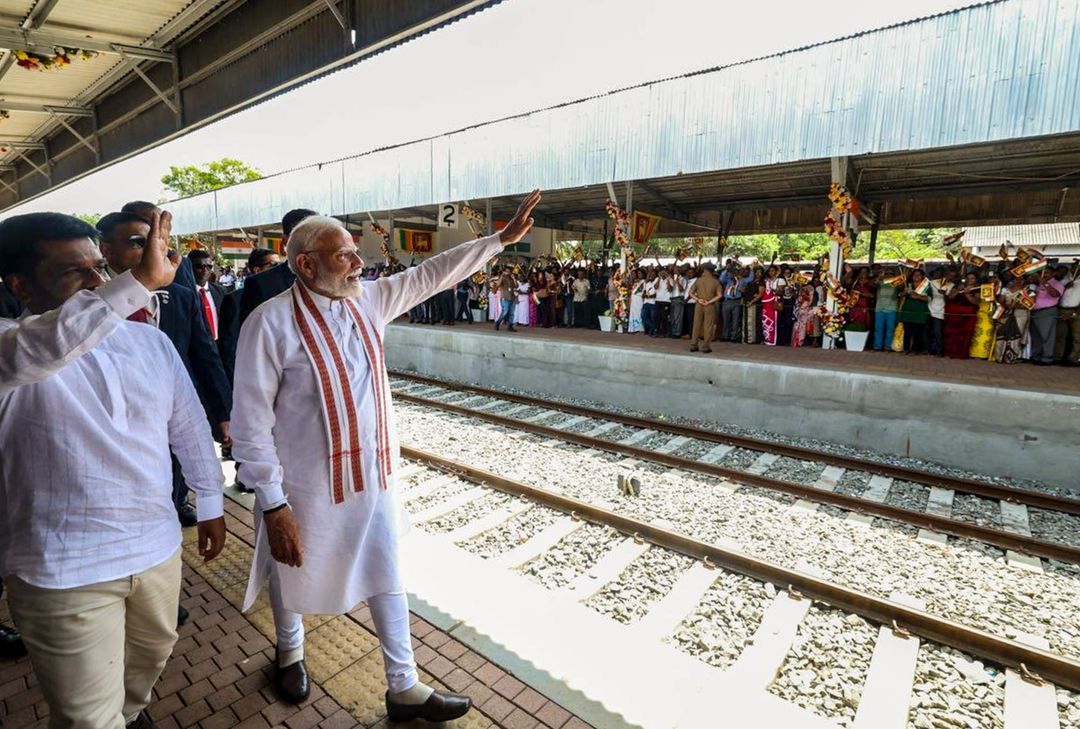Colombo, March 1: The International Monetary Fund (IMF) has agreed to disburse the fourth tranche of USD 334 million from its USD 2.9 billion bailout package to Sri Lanka, supporting the island nation's ongoing recovery following its 2022 bankruptcy.
This approval came on Friday after the IMF's Executive Board successfully completed its third review under the 48-month Extended Fund Facility (EFF) agreement with Sri Lanka.
With this latest installment, total IMF funding to Sri Lanka now reaches approximately USD 1.3 billion, significantly aiding the country's economic stabilization efforts.
Sri Lanka's Progress Under IMF Programme
The IMF acknowledged Sri Lanka's strong performance within the scope of the bailout programme. In an official statement, the global lender confirmed, "All quantitative targets for end-December 2024 were met, except the indicative target on social spending. Most structural benchmarks due by end-January 2025 were either met or implemented with delay."The statement highlighted Sri Lanka's recent completion of a bond exchange as a critical milestone, underscoring its importance in achieving long-term debt sustainability.
The IMF further praised Sri Lanka's reform efforts, noting they are "bearing fruit," with clear signs of economic recovery emerging. However, the IMF cautioned that the economy remains vulnerable, emphasizing that continuing the reform agenda remains crucial for sustained recovery and long-term debt management.
Background of Sri Lanka’s Economic Crisis
Sri Lanka plunged into an unprecedented economic crisis in 2022, marked by its first-ever sovereign default triggered by severe foreign exchange shortages. The crisis sparked widespread street protests, as residents grappled with severe shortages of essential commodities, including food and fuel.India extended a vital lifeline during this critical period, providing nearly USD 4 billion in credit support between March 2022 and March 2023. This assistance significantly alleviated fuel shortages and stabilized essential supplies across the island nation.
Amidst the crisis, growing public anger led to calls for the resignation of then-President Gotabaya Rajapaksa. His successor, Ranil Wickremesinghe, oversaw the initial implementation of IMF-mandated reforms but ultimately lost public support, culminating in his defeat in the September presidential election by current President Anura Kumara Dissanayake.
Last updated by a enewsx:

